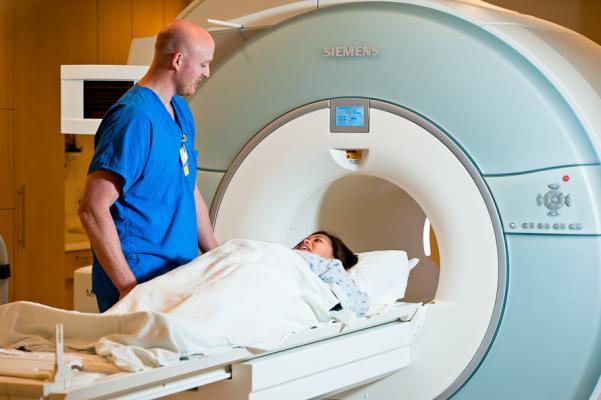
July 1, 2016 — Helium is essential for many modern technologies, including magnetic resonance imaging (MRI) scanners. Now, researchers have developed systematic search methods to discover one of the world’s biggest helium gas fields, associated with volcanoes in the Tanzanian Rift Valley in Africa.
This is the first time that helium has been found intentionally —previous finds were by accident — and opens the way for further large finds. This work was reported at the Goldschmidt conference in Yokohama, Japan.
Recent years have seen worries about the over-exploitation of this extremely limited, finite, valuable natural resource, with fears that supply could not be guaranteed into the medium to long-term future. In 2015, the British Medical Association expressed concern that helium supplies may have to be regulated.
Now a team from Oxford and Durham universities, jointly led by Prof.Chris Ballentine and Prof. Jon Gluyas, has worked together with a helium exploration company, Helium One Ltd, to help uncover a huge helium resource in Tanzania.
The team applied methodologies used in oil exploration in their search for helium. Normally oil exploration takes into consideration a range of factors, such as the rocks sourcing the oil, and how the oil is released into underground reservoirs. Crucially, the team found that being close to a volcano may be key, as the volcanic activity acts as the releasing mechanism for helium gas.
Ballentine said, "By combining our understanding of helium geochemistry with seismic images of gas trapping structures, independent experts have calculated a probable resource of 54 Billion Cubic Feet (BCf) in just one part of the rift valley. This is around the size of 600,000 Olympic sized swimming pools with helium gas. That's nearly seven times the total amount of helium consumed globally every year and enough to fill over 1.2 million medical MRI scanners when converted to liquid helium." While developing the technique in 2015, members of the same research group postulated significant helium resources in the Rocky Mountains.
"Now we understand the techniques, we anticipate more large helium finds", said Ballentine, "This will help safeguard society's future helium needs."
For more information: www.goldschmidt.info


 January 28, 2026
January 28, 2026 









